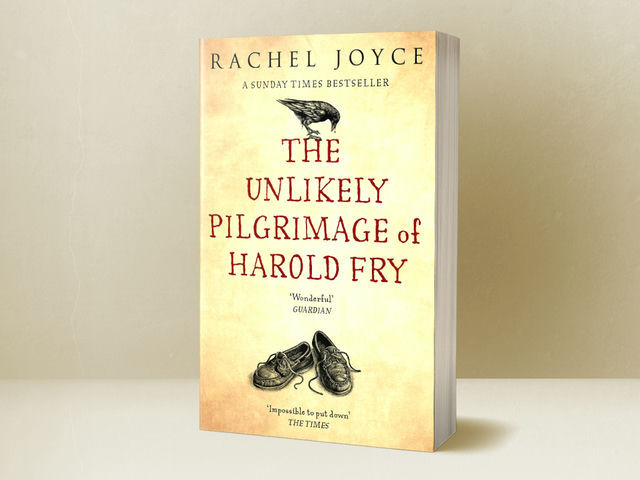The Unlikely Pilgrimage of Harold Fry
Rachel Joyce, 2012

Harold Fry is a humble man who has made mistakes in life that he does not fully understand. One day a letter arrives from an old friend, Queenie Hennessey, whom he has not seen for twenty years.
Queenie is dying from inoperable cancer and his written to Harold to thank him for his friendship and to say goodbye.
Unsure how to respond, Harold writes an ineffectual reply that he takes to the post box but does not post. Instead, he finds himself compelled to to walk to the next post box and then the next, until he finds himself at a garage and an encounter with the checkout girl sets him off on his ‘pilgrimage’. His spontaneous decision is the start of a 600 mile walk to Berwick-on-Tweed to say goodbye to Queenie in person.
The journey that follows is expertly written in simple, light prose and its simplicity can take your breath away. Yet it’s that very simplicity that also slightly undermines the weight of some of the issues dealt with in the book. Swinging from light humour to dark despair, Harold’s journey and the people he meets are all crafted with such clarity that it appears at times more than fiction. While walking, Harold reflects on his life and his broken marriage with his wife Maureen, who has been left behind wondering if he will ever return.
Harold questions the mistakes he’s made, in particular his inability to be a father to their apparently estranged son David. His memories of failing to engage with David as a child are heartbreaking.
Despite it being a light read, I was very moved by this novel. Harold may be an ordinary every-man, but his pain is clearly drawn and I related to his regrets. He is all of us and anyone can find some aspect of their own life in him.
I really enjoyed this book: it made me laugh and cry in equal measure and despite some of its dark admissions, it is ultimately hopeful. Rachel Joyce has great faith in the human spirit and great faith in Harold. Perhaps if all us took a similar pilgrimage, we might become more aware of what it really means to be human.